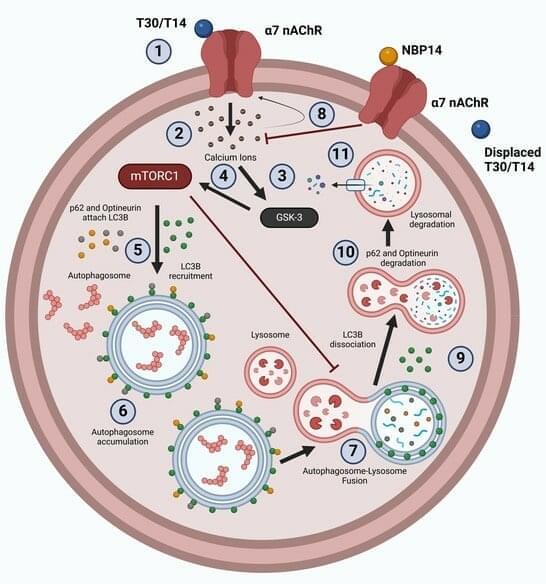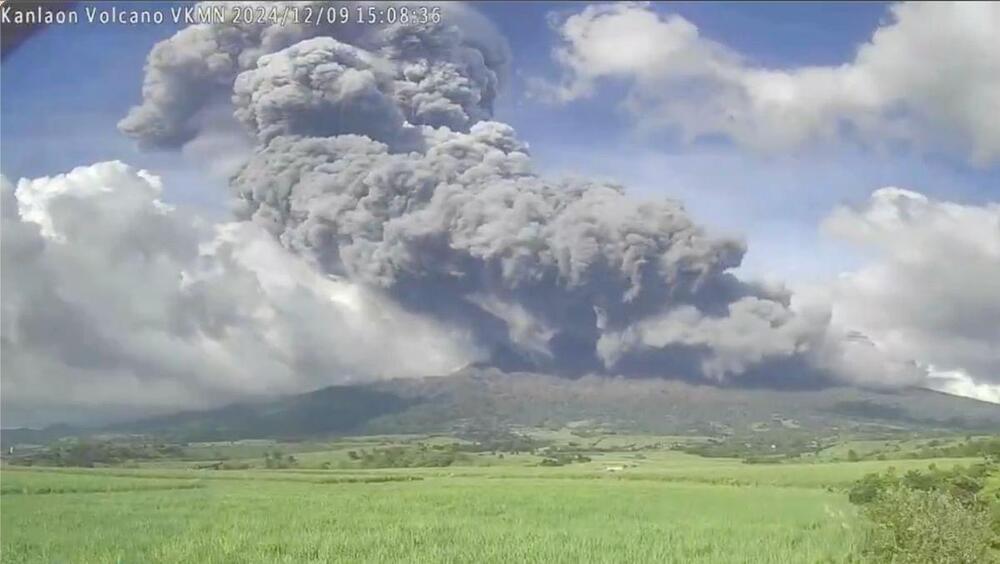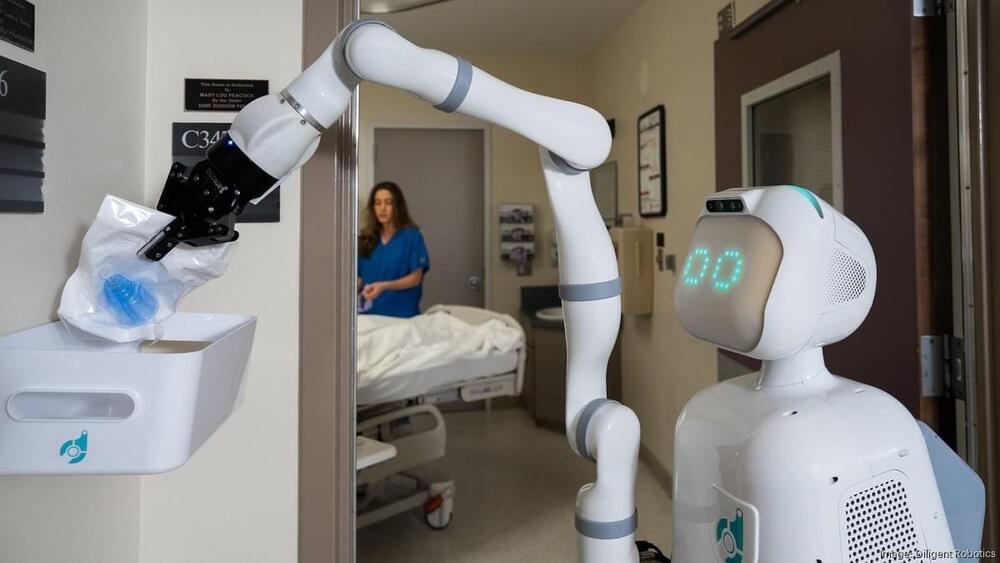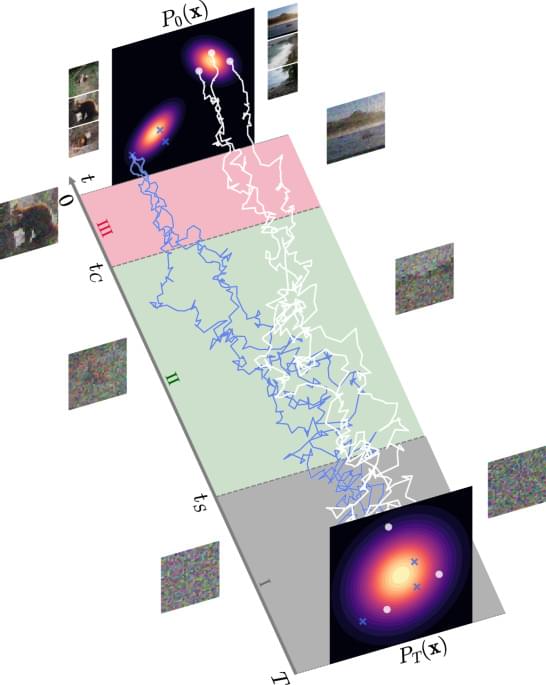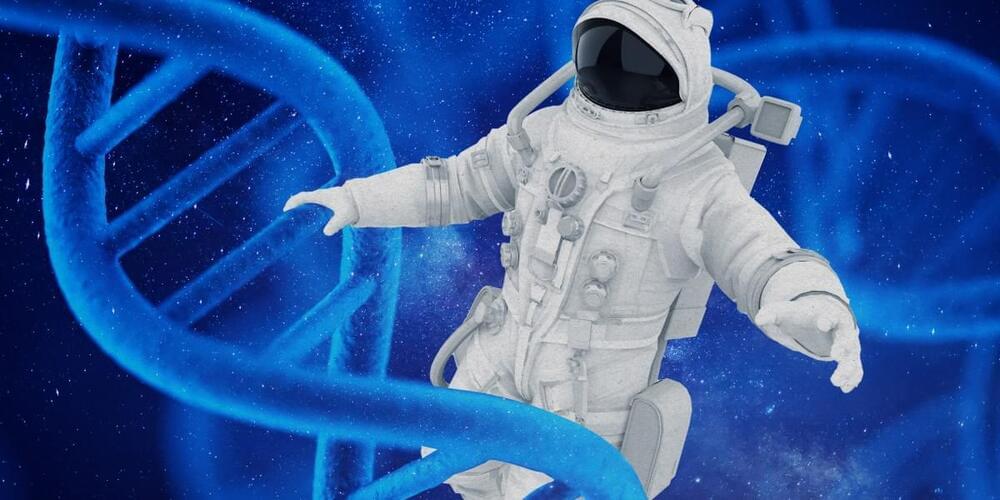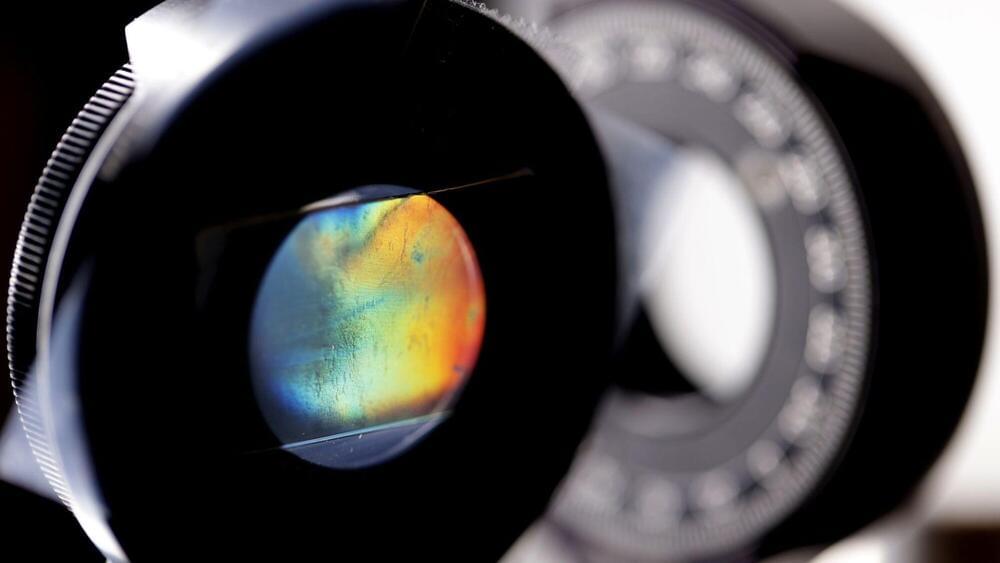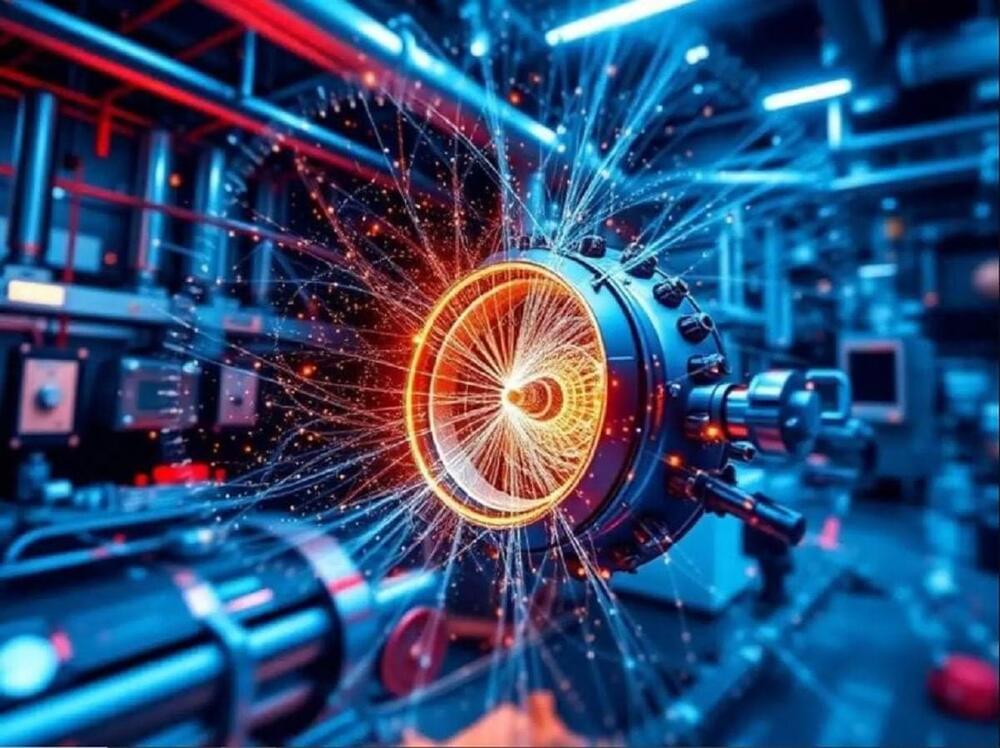
In a groundbreaking development, researchers at the Large Hadron Collider (LHC), the world’s largest and most powerful particle accelerator, have made a remarkable leap in understanding the fundamental forces of nature. For the first time, they have observed quantum entanglement between top quarks—the heaviest elementary particles—at unprecedented energy levels. This discovery not only pushes the boundaries of particle physics but also opens the door to new possibilities in the quest to understand the universe.
At the heart of this discovery is quantum entanglement, one of the most puzzling and fascinating phenomena in the realm of quantum mechanics. Entanglement occurs when two or more particles become linked in such a way that the state of one particle instantaneously influences the state of another, regardless of the distance between them. This defies our classical understanding of the world, where objects should only interact when they are physically close to one another.
Imagine you have two particles, each spinning in a specific direction. Normally, if one particle changes its state, the other should remain unaffected. But with quantum entanglement, a change in the spin or state of one particle immediately alters the other, even if they are light-years apart. It’s as if the particles are communicating across vast distances without any delay.
